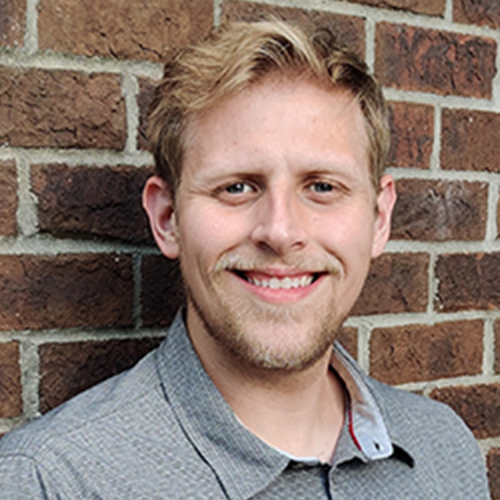
Weston Anderson, BS '19, MCJ '21
Assistant Professor, Lindenwood University
Why did you decide to pursue a Master of Criminal Justice?
One thing that became clear to me early into my journey in academia was the desire to become a professor. After having several professors inspire me to try to pursue it, the goal seemed relatively out of reach. Not believing I could even make it into graduate school, I decided I would need to become a police officer, retire, and obtain a Master’s degree later to be able to teach.
As my undergrad came to a close, a professor mentioned and recommended that I take a look at the fully online Master of Criminal Justice program that Weber State University provided. When looking, I saw that the requirements for the program were within my scope, and I applied at the same time as applying to the police academy. I thought I would attempt to go for more education to achieve my goal of teaching more quickly, but if rejected, I could become a police officer as I initially planned. Surprisingly, I was accepted into the Weber State Family, and this program changed the direction of my life.
What did you like about Weber State’s MCJ program?
The program taught me more about the field at a much broader scope while also allowing me to choose what I wanted to learn. Each semester had interesting courses and more importantly to me, professors who sought my success. The program allowed me to work a part-time job and study for the GRE while completing coursework..
How did the MCJ program impact your career?
With the decision to pursue a Ph.D., some professors went above and beyond the call of duty and assisted me outside their office hours to guide me in the application process. Upon receiving my Master's, I immediately applied for doctoral programs and accepted an offer. Thanks to Weber State University's Master of Criminal Justice program, it and the professors involved have improved my life and given me confidence in my abilities to achieve my goals.
